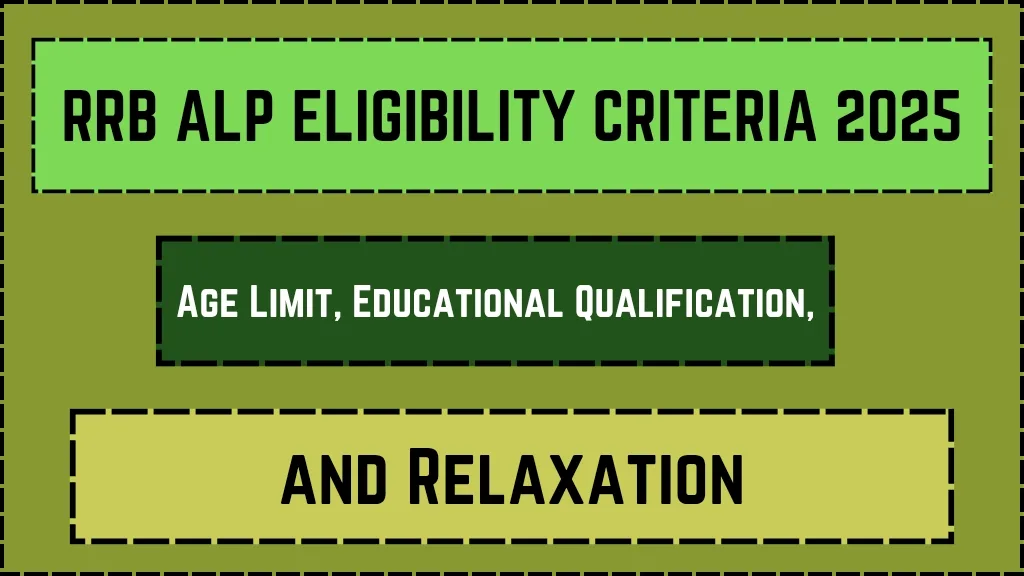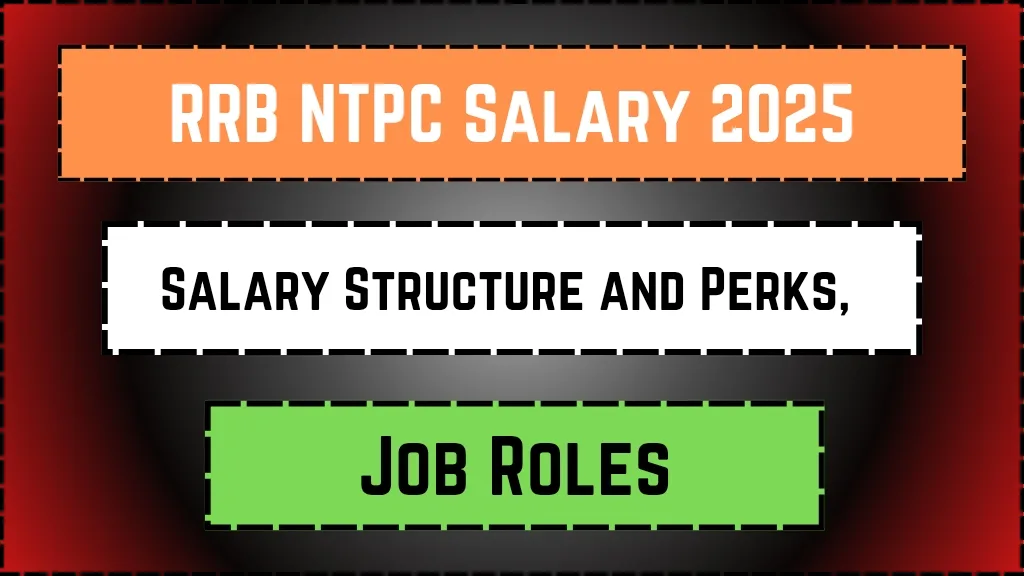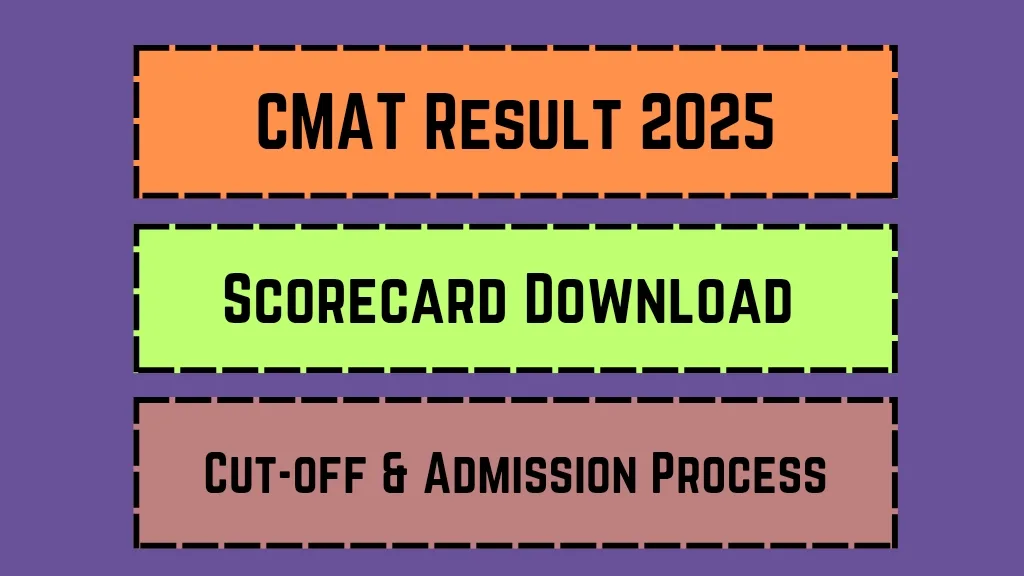The UGC NET 2025 is one of the most prestigious exams for aspiring lecturers and researchers in India. Conducted by the National Testing Agency (NTA), this exam determines eligibility for Assistant Professor roles and Junior Research Fellowship (JRF). With thousands of candidates appearing each year, understanding the eligibility criteria, age limit, and educational qualifications is crucial. This article breaks down everything you need to know about UGC NET 2025 in a simple, user-friendly way. Let’s dive in! 🚀
Key Highlights 📌
Here’s a quick overview of the most important details about UGC NET 2025:
| Key Point | Details |
|---|---|
| Organization Name | National Testing Agency (NTA) |
| Exam Name | UGC NET 2025 |
| Purpose | Eligibility for Assistant Professor and Junior Research Fellowship (JRF) |
| Exam Mode | Online (Computer-Based Test) |
| Exam Frequency | Twice a year (June and December) 🗓 |
| Age Limit | JRF: 30 years (relaxation for reserved categories) |
| Educational Qualification | Master’s degree with at least 55% marks (50% for reserved categories) |
| Official Website | https://ugcnet.nta.nic.in |
Eligibility Criteria for UGC NET 2025 📋
Educational Qualifications 🎓
To appear for UGC NET 2025, candidates must meet the following educational requirements:
- A Master’s degree or equivalent from a recognized university.
- Minimum 55% marks for General/OBC-NCL candidates and 50% marks for SC/ST/PwD candidates.
- Candidates in their final year of Master’s can also apply, provided they complete their degree within the specified timeline.
Age Limit 🎂
The age criteria vary depending on the purpose of the exam:
- Junior Research Fellowship (JRF): Maximum age limit is 30 years as of the exam date. Age relaxation is applicable for reserved categories (up to 5 years for SC/ST/PwD and 3 years for OBC-NCL).
- Assistant Professor: There is no upper age limit for this role.
Exam Pattern and Syllabus 📚
Exam Structure 🖥️
UGC NET 2025 consists of two papers:
- Paper 1: General aptitude and teaching/research aptitude (50 questions, 100 marks).
- Paper 2: Subject-specific questions (100 questions, 200 marks).
Both papers are conducted in a single session lasting 3 hours.
Syllabus Overview 📖
The syllabus for UGC NET 2025 is vast and varies by subject. However, Paper 1 is common for all candidates and includes topics like:
- Teaching Aptitude
- Research Aptitude
- Communication
- Logical Reasoning
- Data Interpretation
For Paper 2, candidates must choose their subject from the list provided by NTA.
How to Apply for UGC NET 2025 📝
Application Process 🖱️
- Visit the official website: https://ugcnet.nta.nic.in.
- Register with your email ID and phone number.
- Fill out the application form with personal, educational, and contact details.
- Upload scanned copies of your photograph, signature, and required documents.
- Pay the application fee online (varies by category).
Application Fees 💰
| Category | Fee |
|---|---|
| General | ₹1,100 |
| OBC-NCL | ₹550 |
| SC/ST/PwD | ₹275 |
Important Dates to Remember 🗓️
While the exact dates for UGC NET 2025 are yet to be announced, here’s a tentative timeline based on previous years:
| Event | Tentative Date |
|---|---|
| Notification Release | March 2025 |
| Application Start Date | April 2025 |
| Application End Date | May 2025 |
| Admit Card Release | June 2025 |
| Exam Date | June/July 2025 |
| Result Declaration | August 2025 |
Preparation Tips for UGC NET 2025 🚀
Study Plan 📅
- Understand the Syllabus: Start by thoroughly reviewing the syllabus for both papers.
- Create a Timetable: Allocate time for each subject and stick to the schedule.
- Practice Mock Tests: Solve previous years’ question papers and take online mock tests.
Recommended Resources 📚
- Books: Refer to standard UGC NET preparation books like Trueman’s and Arihant.
- Online Platforms: Use websites like Unacademy and BYJU’S for video lectures and quizzes.
- Mobile Apps: Download apps like Gradeup for daily practice and updates.
Benefits of Clearing UGC NET 2025 🌟
Clearing UGC NET 2025 opens up numerous opportunities:
- Eligibility for Assistant Professor: You can apply for teaching roles in colleges and universities across India.
- Junior Research Fellowship (JRF): Receive financial support for pursuing research.
- Career Growth: Enhance your academic and professional credentials.
Common Mistakes to Avoid ❌
- Ignoring Paper 1: Many candidates focus only on Paper 2, but Paper 1 is equally important.
- Last-Minute Preparation: Start early to cover the vast syllabus effectively.
- Neglecting Mock Tests: Regular practice is key to improving speed and accuracy.
Kriti Reddy is a freelance writer specializing in exam results and admit cards. With a background in Psychology and 4+ years of experience, Kriti enjoys creating informative content for students. She loves reading novels.







